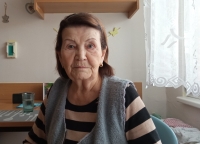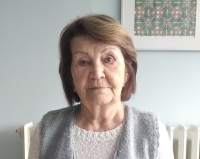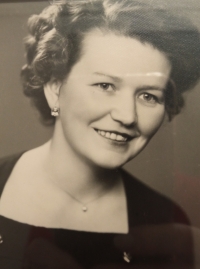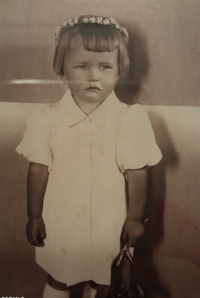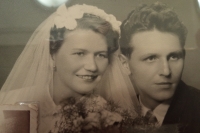After the war, instead of being nice to each other, people did awful things
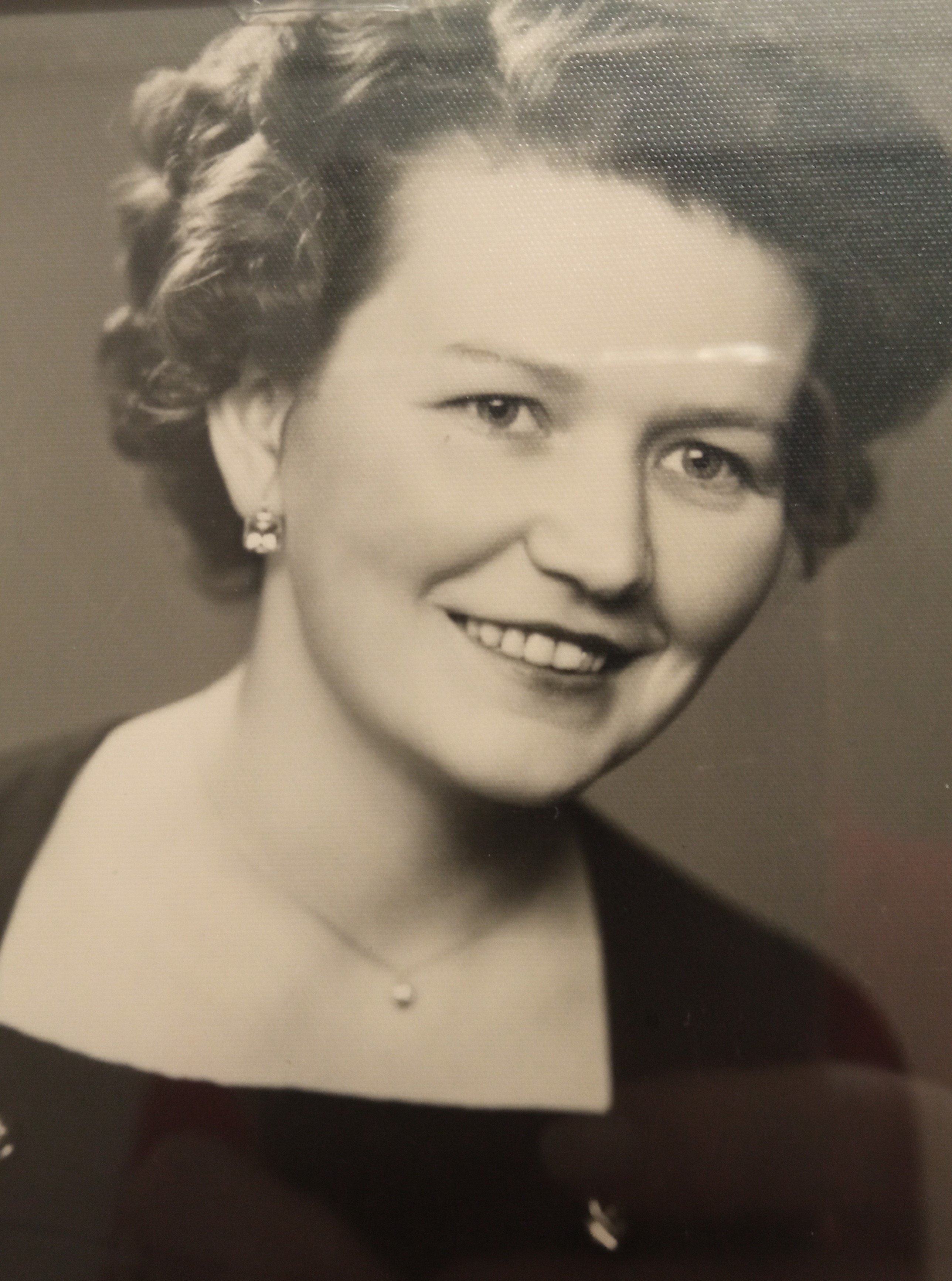
Download image
Libuše Klimšová, née Janalíková, was born on July 6, 1934 in Vratimov near Ostrava. Her father Vladislav Janalík owned a small cabinet making business. The communist regime confiscated it from him as part of the nationalization process and Libuše was labeled as the daughter of a capitalist, because of which she later had trouble getting into secondary school. At the age of eighteen, she married the son of the owner of the well-known and prosperous bakery Procházka z Hrabové. The Procházka family had also lost their business as part of the nationalization process in the 1950s. Libuše worked as a clerk in the Ostrava production cooperative Dyhor and then in the company Vítkovické Stavby Ostrava. She led a quiet family life, raised three daughters and tried not to show her disapproval of the communist regime. Nevertheless, in the 1970s, the State Security started to notice her as her eldest daughter emigrated and settled in Switzerland with her husband and two small children. Because of this, Libuše was monitored and interrogated by the State Security. At work, she was transferred to a lower paying position. Her husband died of cancer. In her fifties she remarried. She saw her daughter and grandchildren in Switzerland only after the fall of the communist regime in 1989. In 2023, she lived in Ostrava.
